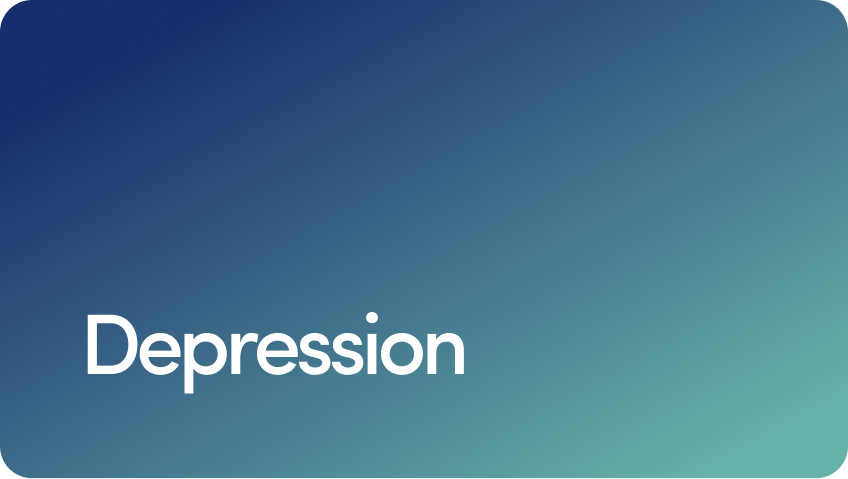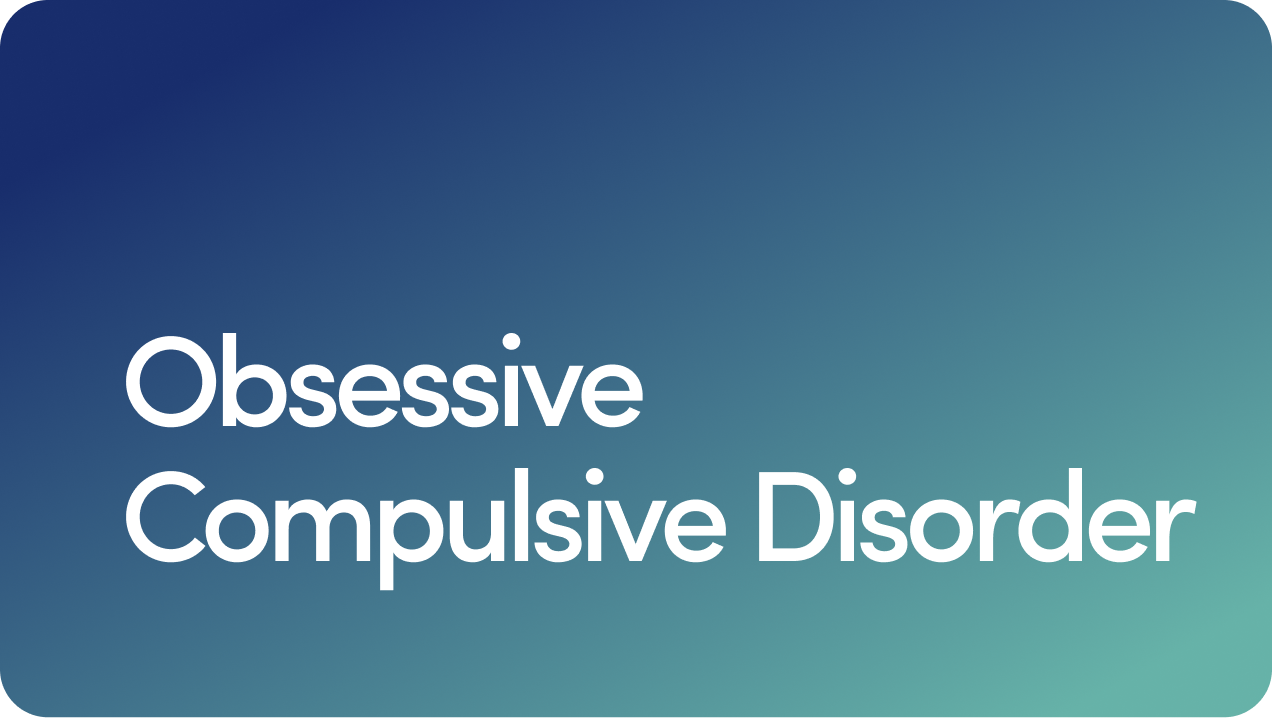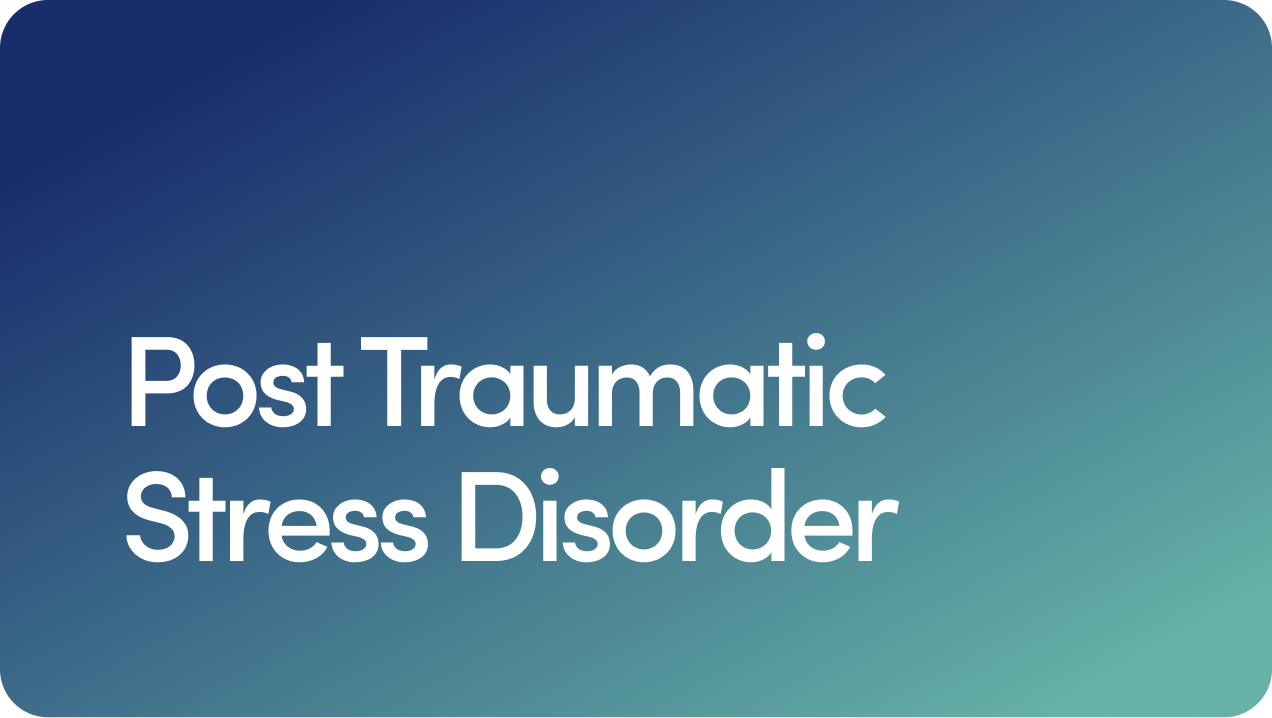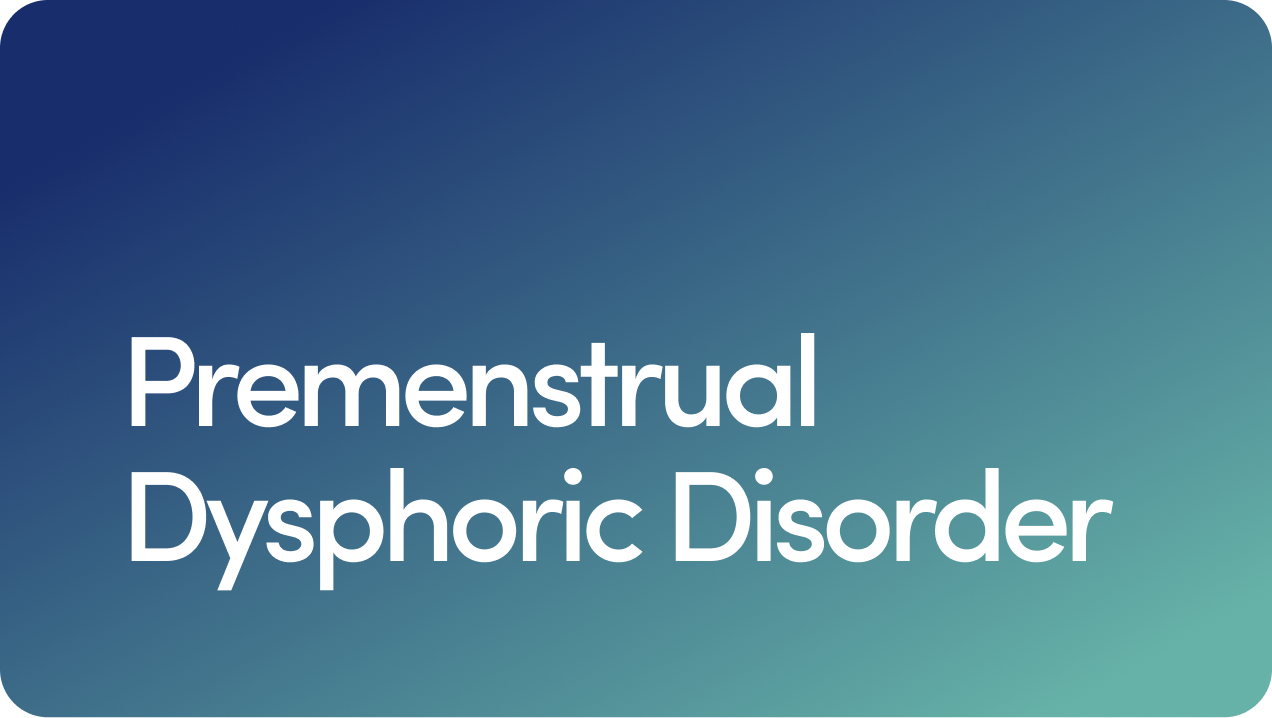Content
Free Mental Health Assessment
Psychologist vs Psychiatrist For Depression: Who is Better?

What’s the right mental health professional for your needs? If you’ve been asking yourself this lately, you may be trying to plot a course through a mental health issue. Perhaps you’re trying to get this whole mental health treatment thing over with efficiently. Perhaps you want to spare no expense. Perhaps you’ve been weighing the benefits of a professional and are trying to determine the value of a psychologist vs psychiatrist for depression.
Whether you see a psychologist or psychiatrist for your mental health will change certain aspects of how you’re treated for the mood disorder and what tools are at your disposal for dealing with mental illness.
And then there’s the question of qualifications — does a psychologist or psychiatrist require more experience? Which one is better for you in the long run?
The answers to these questions and others require a little background information, so before we go giving you any recommendations off the cuff, let’s make sure you understand what’s actually different between these two types of mental health professionals.
Content
Psychiatrists and psychologists may both deal with mental health, but they go about it in very different ways. This starts early on in their careers, beginning with the degree they choose to pursue.
If we’re looking at the academic side of things, psychiatrists are typically medical doctors, and they focus on the chemical and biological factors impacting mental health. Psychiatry is essentially a specialization that comes after a four-year medical school program.
Psychologists, meanwhile, typically have more academically focused degrees, and may achieve a master’s and then a Ph.D., or other degrees that do not include an M.D. distinction.
Licensed psychologists are typically experts in human behavior and understand human behavior through a broad range of lenses, including research- and statistics-based knowledge, therapy, development education and more.
Becoming a psychologist typically takes around eight years of study, including two years as a full-time intern practitioner.
Essentially, psychologists and psychiatrists differ in where they approach mental health (behavior versus biology, development versus brain chemistry), but in reality, there’s a lot more overlap than you might suspect.
For instance, there’s the question of antidepressant medication. Generally, psychiatrists are the ones who prescribe prescription medications. However, a psychologist can in some cases, in certain places, be licensed to prescribe if they go through additional training.
This can cloud the big picture of who’s really best for what responsibility in your mental health, and in such a case, it’s perfectly understandable that you’d wonder who’s really qualified for your needs.
Both a psychologist and psychiatrist can treat depression in its many forms, but as we mentioned, each might do it a different way.
The main difference between these two classes of mental health counselors is that a psychiatrist is more likely to prescribe medication (since they’re legally able to in more places) while a psychologist will most likely have to make a referral to a psychiatrist or medical doctor in order to get you a prescription.
A prescription might be important to your mental health in certain circumstances, especially if you’re experiencing severe depression.
So, where do your needs lie? Well, that’s a question you should ask a psychologist — or a psychiatrist.
Depressive disorders may take treatment in one of several forms, and those forms of treatment can also overlap. You could very well see a combination of medications and cognitive therapy in your plan.
Typically, depression responds well to therapy, antidepressant medication and lifestyle changes, and as we’ve already explained, it’s likely the case that you’ll have a much easier time getting medication from a psychiatrist.
That said, your standard healthcare provider might be entirely capable of handling your medication management needs, leaving you to deal with the therapeutic side of your mental health with the support of a psychologist.
There’s not a “correct” or “wrong” answer for the best kind of treatment, and you won’t know what works best for you until you actually find out what you need for your individual support.
Finding out what treatment approaches will best support you is the topic of a conversation you’ll want to have with a medical professional.
In the end, you may see diet and exercise changes bring you benefits, or see benefits from therapy forms like cognitive behavioral therapy (CBT), which can help people with depression and other mood disorders alter the patterns of their depression with practice.
CBT teaches you how to spot your patterns of negative thoughts and negative emotions and begin to override them, eventually bringing those patterns to an end and replacing them with healthier, happiness-supporting ones.
Psychologists and therapists can help with a variety of mental disorders and medical conditions, including major depression, moderate depression, anxiety, bipolar disorder and more. They can treat the symptoms of depression and the mental health disorder itself with a variety of tools. You can also compare information on a psychologist vs therapist vs psychiatrist in this article for even more insight.
Which of these healthcare providers with a doctoral degree will ultimately help you handle your depressive symptoms best isn't something you can determine without talking to someone first.
If we haven't made it clear, what we're saying is just reach out to a licensed professional — you'll eventually get to the right person for your depression symptoms.
If you're ready to start that conversation today, we can help. We have online mental health consultations where you can learn about treatment options. Our online therapy is a great way to start.
The healing journey from depression can be a long one, but the sooner you get a map, the sooner you'll reach the end. Get started today.
2 Sources
Hims & Hers has strict sourcing guidelines to ensure our content is accurate and current. We rely on peer-reviewed studies, academic research institutions, and medical associations. We strive to use primary sources and refrain from using tertiary references.
- American Psychological Association. (n.d.). What is the difference between psychologists, psychiatrists and social workers? American Psychological Association. Retrieved July 19, 2022, from https://www.apa.org/ptsd-guideline/patients-and-families/psychotherapy-professionals.
- U.S. Department of Health and Human Services. (n.d.). Nimh " depression disorders. National Institute of Mental Health. Retrieved September 13, 2021, from https://www.nimh.nih.gov/health/topics/depression.
Editorial Standards
Hims & Hers has strict sourcing guidelines to ensure our content is accurate and current. We rely on peer-reviewed studies, academic research institutions, and medical associations. We strive to use primary sources and refrain from using tertiary references. See a mistake? Let us know at [email protected]!
This article is for informational purposes only and does not constitute medical advice. The information contained herein is not a substitute for and should never be relied upon for professional medical advice. Always talk to your doctor about the risks and benefits of any treatment. Learn more about our editorial standards here.
Kristin Hall, FNP
Education
BSN - University of Missouri, 1997
MSN - Saint Louis University, 1999
Training
Family Nurse Practitioner Internship - Saint Louis University, 1999
Medical Licenses
Registered Nurse, Missouri (Multi-State), 1997
Registered Nurse, Alaska, 2023
Registered Nurse, California, 2023
Registered Nurse, Connecticut, 2023
Registered Nurse, District of Columbia, 2023
Registered Nurse, Hawaii, 2023
Registered Nurse, Illinois, 2011
Registered Nurse, Massachusetts, 2023
Registered Nurse, Michigan, 2023
Registered Nurse, Minnesota, 2023
Registered Nurse, Nevada, 2023
Registered Nurse, New York, 2023
Registered Nurse, Oregon, 2023
Registered Nurse, Washington, 2022
APRN, Certified Nurse Practitioner, Missouri, 2000
APRN, Certified Nurse Practitioner, Illinois, 2011
APRN, Certified Nurse Practitioner, North Dakota, 2024
APRN, Certified Nurse Practitioner, Oregon, 2023
APRN, Certified Nurse Practitioner, Rhode Island, 2024
Board Certifications
Family Nurse Practitioner - American Nurses Credentialing Center, 2000
Other Certificates & Certifications
Lean Six Sigma, Green Belt Certification, 2015
Diabetic Mapping Certification Expert, 2012
BLS/CPR Certification, 2025
Affiliations & Memberships
Specialties & Areas of Focus
Family Practice Medicine, specializing in chronic disease management (diabetes, hypertension, obesity). Additional support and treatment of mental health diagnosis and men’s and women’s health.
Years of Experience:
25
Why I Practice Medicine
Caring for the whole person—understanding that true health extends beyond physical symptoms—has always been central to my work. As a nurse and family nurse practitioner, I’m passionate about empowering individuals to live their healthiest lives, physically, emotionally, and socially. Delivering compassionate, comprehensive care is not only my profession—it’s my purpose.
Hobbies & Interests
In my spare time, I enjoy staying active and connected to nature through skiing, hiking, and spending time outdoors. I’m also an avid St. Louis Cardinals baseball fan and find joy in reading, sewing, baking, and creative hobbies that keep me inspired outside of work.
LinkedIn:
Related Articles
Related Conditions
 Anxiety
Anxiety
 Depression
Depression
 OCD
OCD
 PTSD
PTSD
 Bipolar Disorder
Bipolar Disorder
 Premenstrual Dysphoric Disorder
Premenstrual Dysphoric Disorder